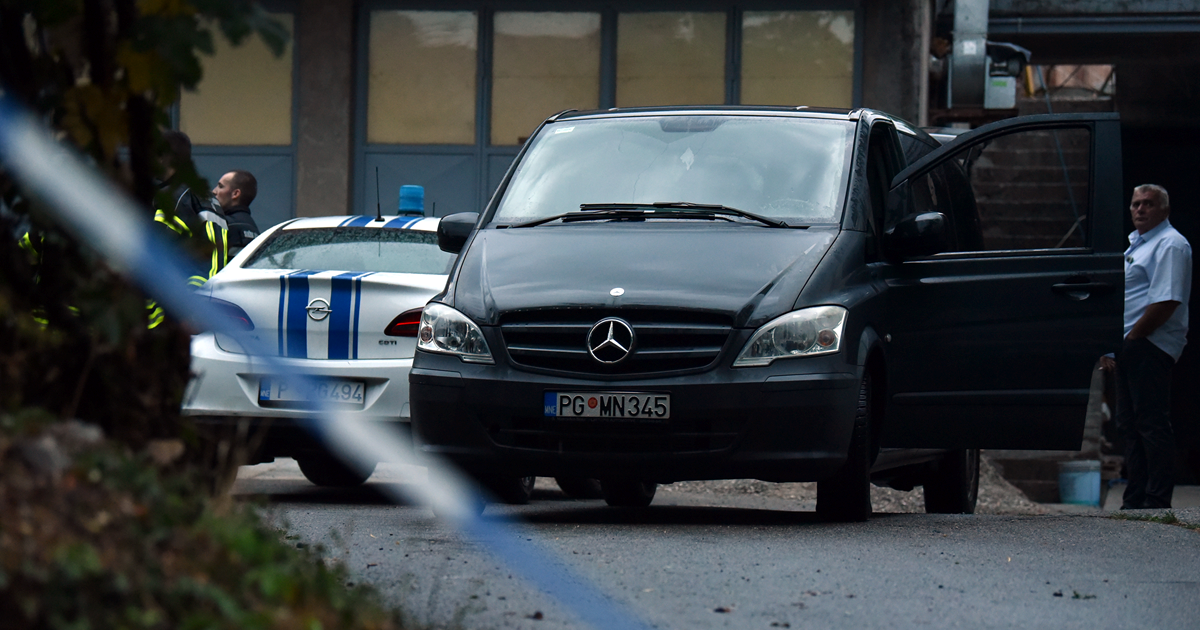Montenegro’s National Security Agency (ANB), in cooperation with the police, prevented an attempt to establish a radical Islamic network in the country. A Bosnian citizen, Haris Šundo, was expelled from Montenegro on suspicion of trying to form a paradzemat in the town of Plav, which is a parallel religious community outside the official Islamic Community of Montenegro. ANB noted that there are several radical Salafi groups in Montenegro with varying levels of radicalization, but so far no terrorist attacks have been committed in the name of religion. Šundo was previously deported from Serbia following a terrorist attack in Belgrade in 2023. Among the members of the Plav group are individuals who joined ISIS in Syria. This case highlights the ongoing efforts of Montenegrin security services to combat radicalization and terrorism.
Political Perspectives:
Left: Left-leaning outlets emphasize the human rights and legal aspects of the expulsion, questioning the potential for profiling and the broader context of religious freedom. They highlight the need for careful monitoring of security measures to avoid stigmatization of Muslim communities while acknowledging the threat of radicalization.
Center: Centrist sources focus on the factual reporting of the security operation, the prevention of radicalization, and the importance of national security. They present the expulsion as a necessary measure to maintain public safety and prevent the establishment of illegal parallel religious structures.
Right: Right-leaning media stress the threat posed by radical Islamic groups and the importance of strong security actions to protect national sovereignty and cultural identity. They emphasize the dangers of radicalization linked to foreign terrorist organizations like ISIS and support strict measures against such threats.







































